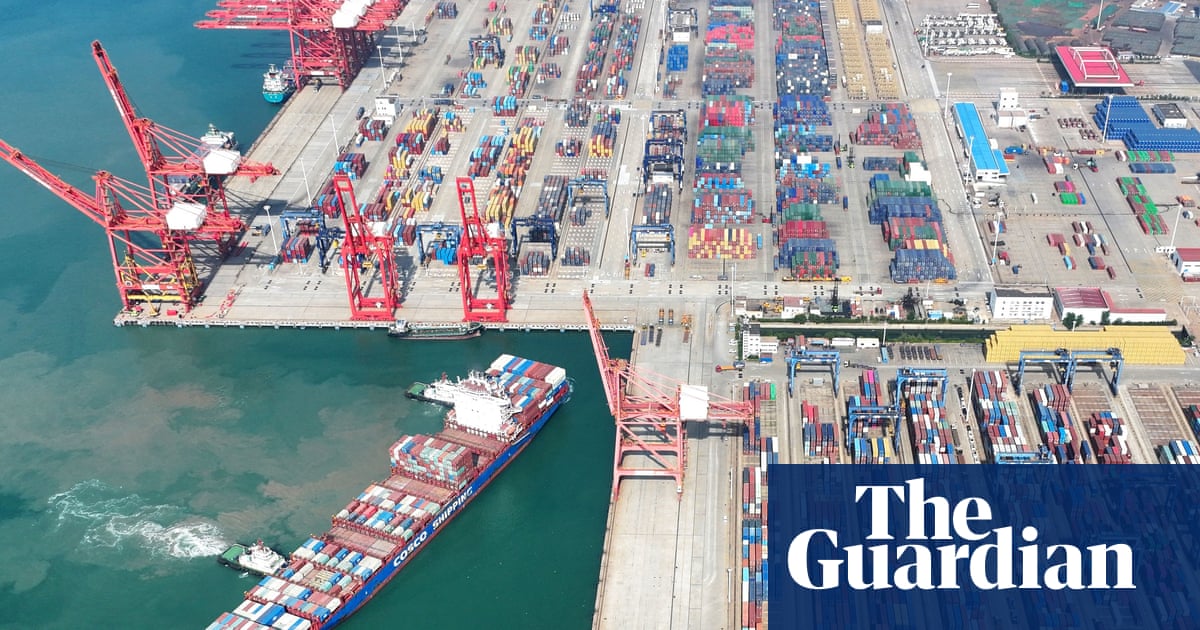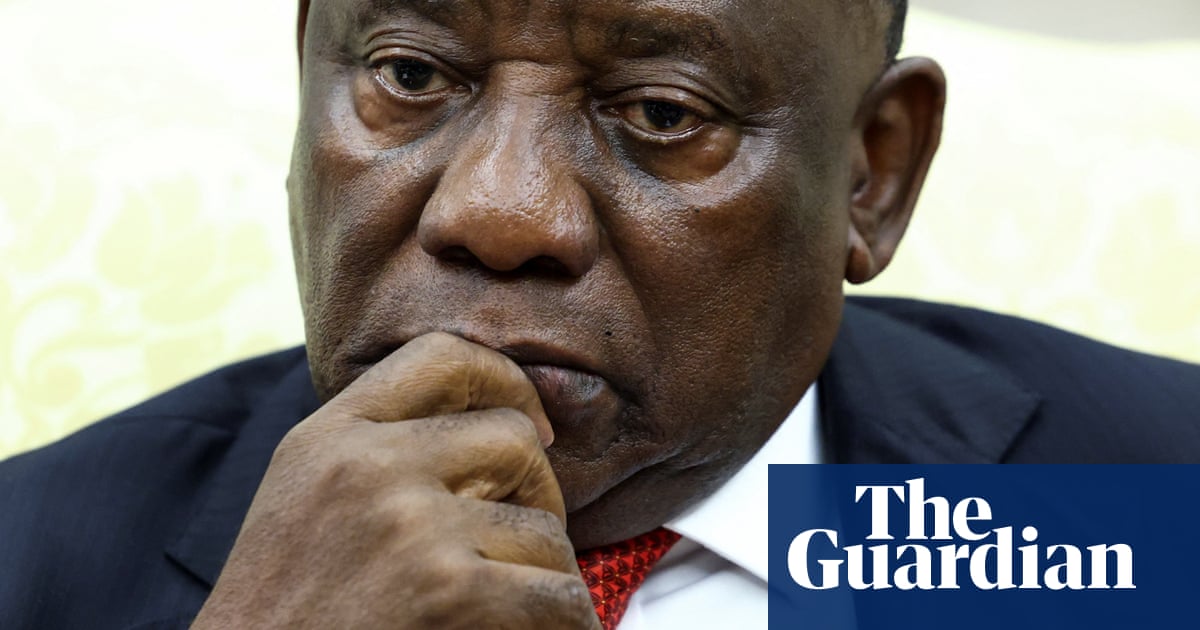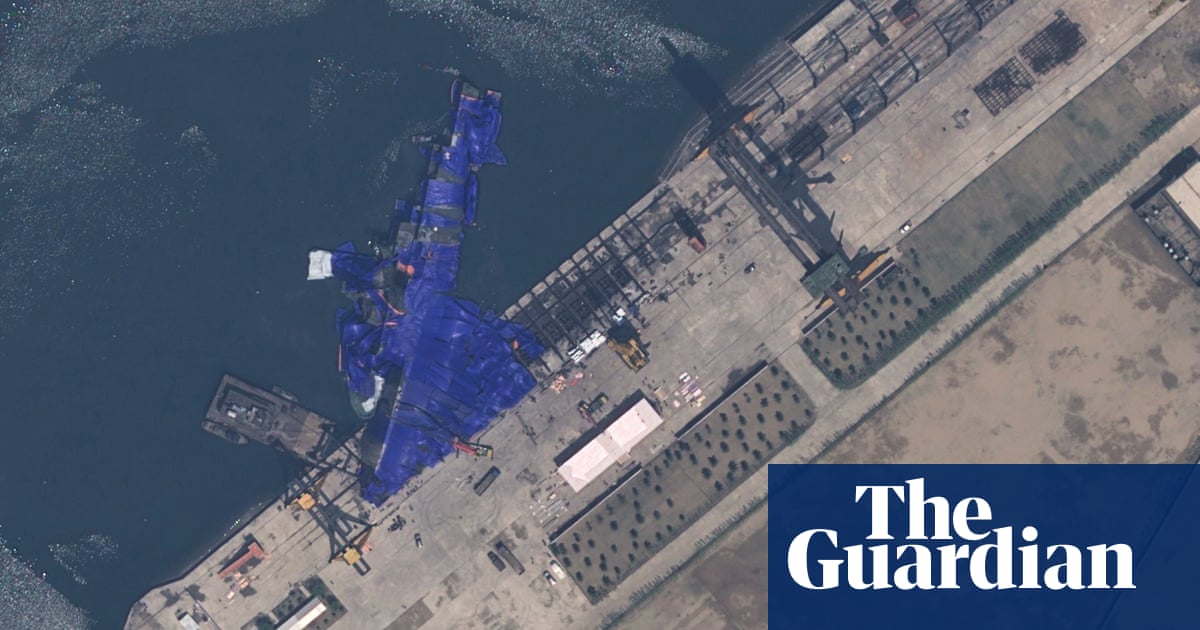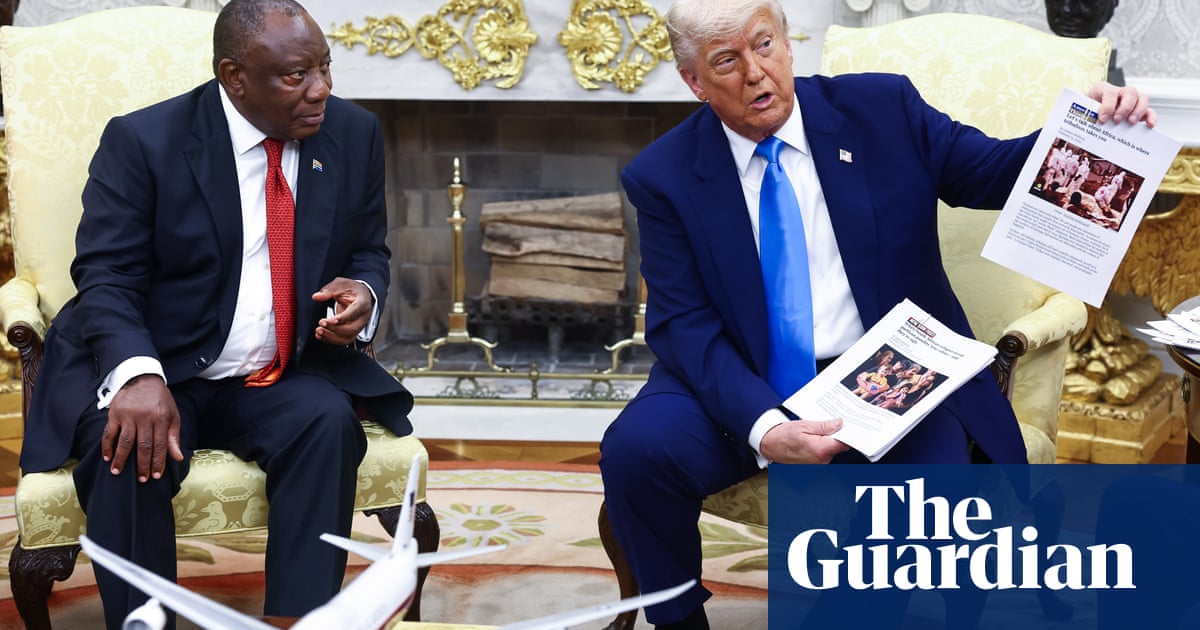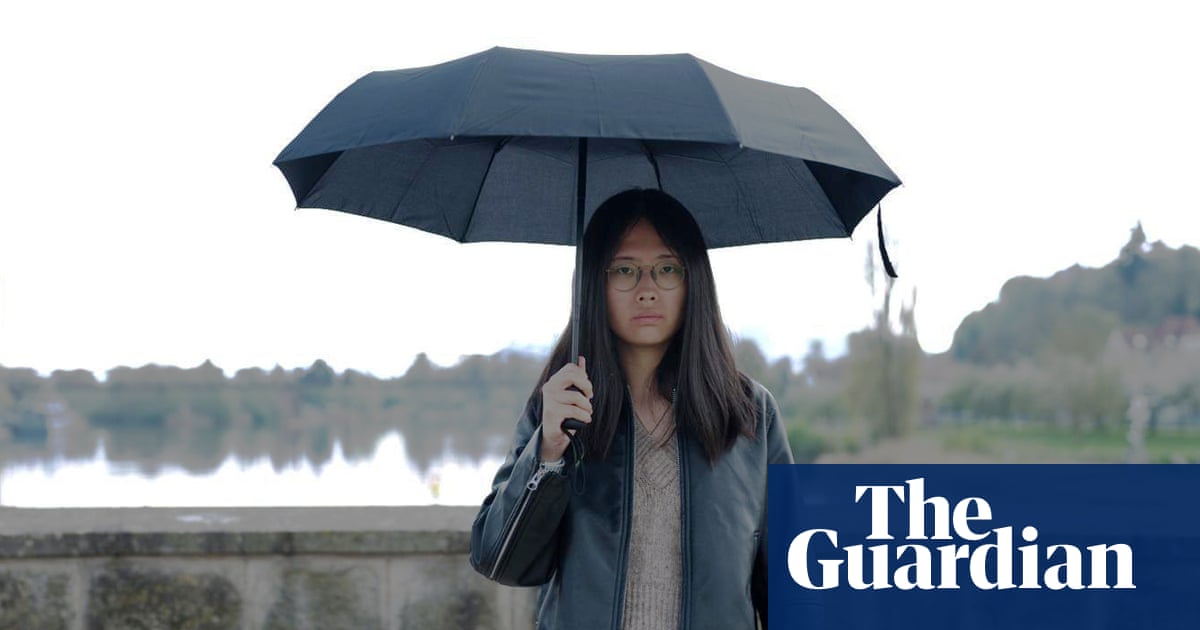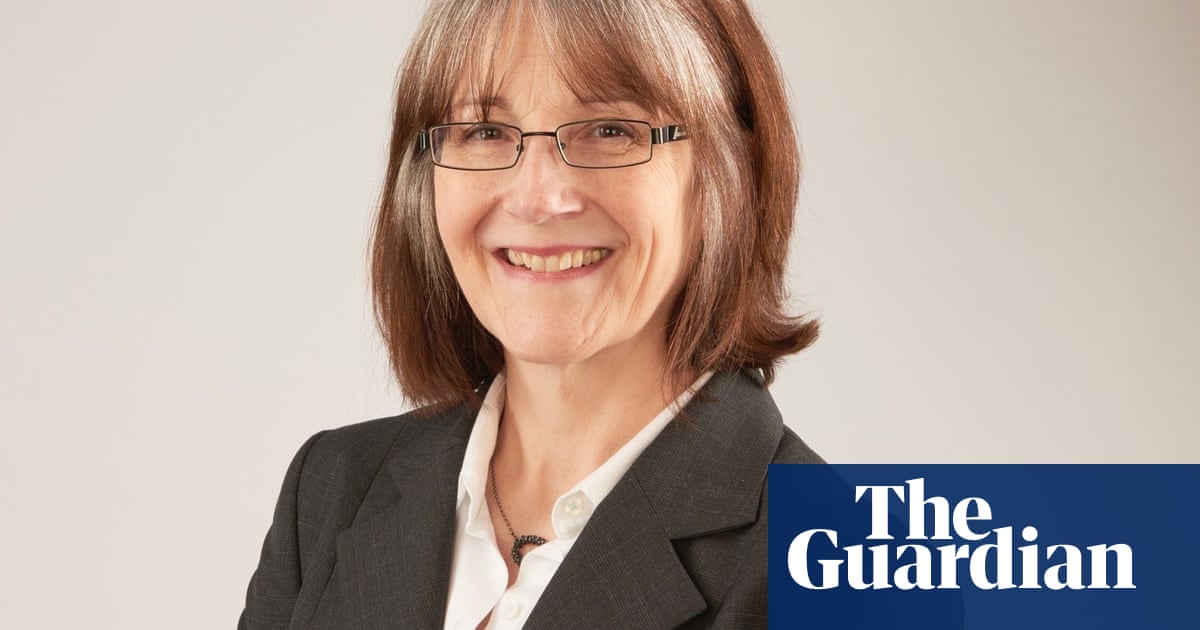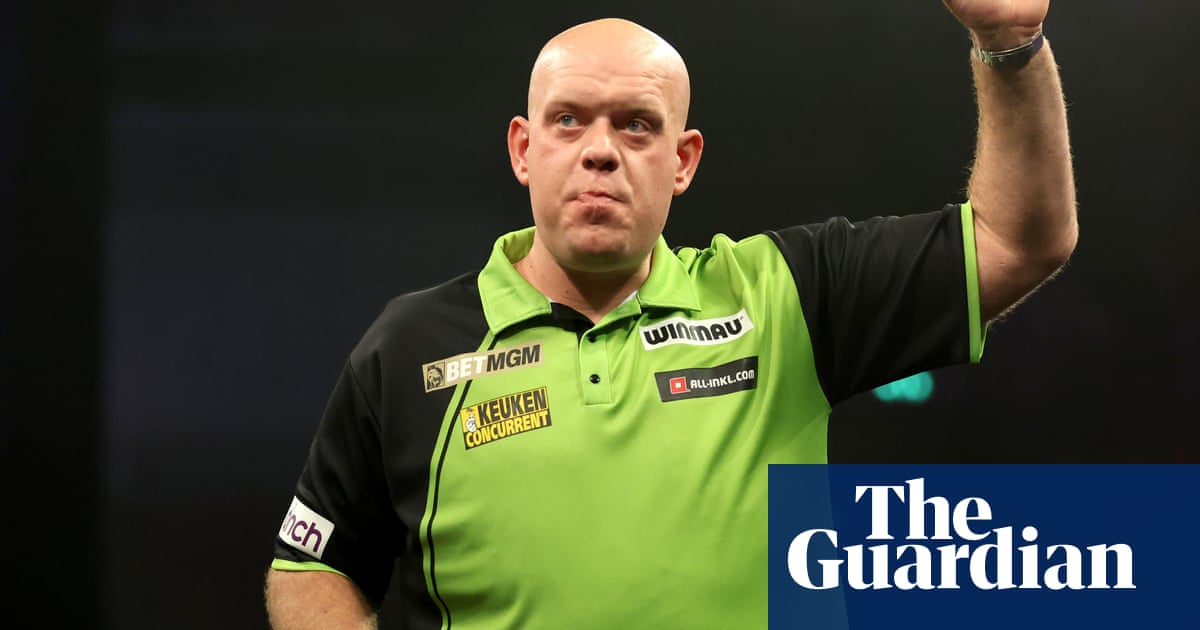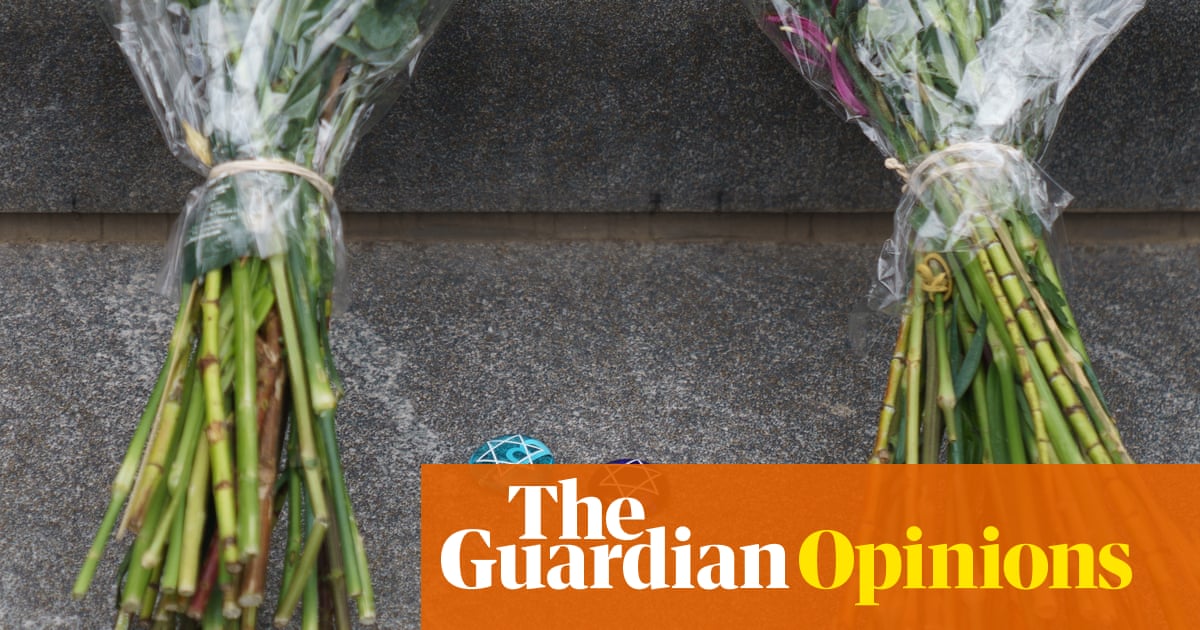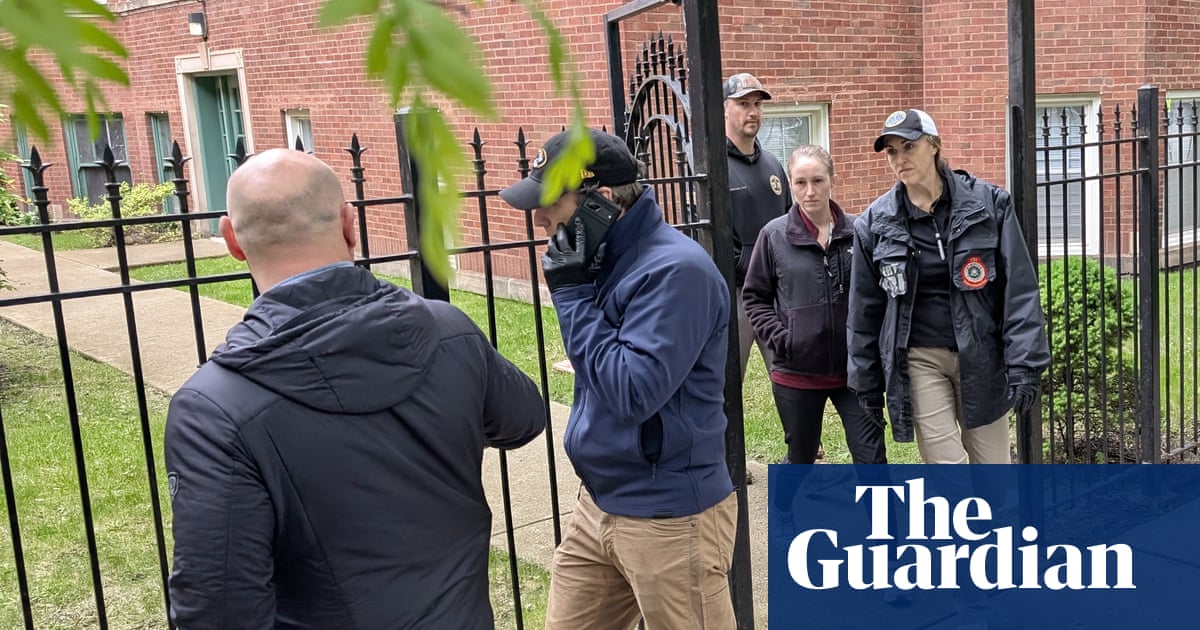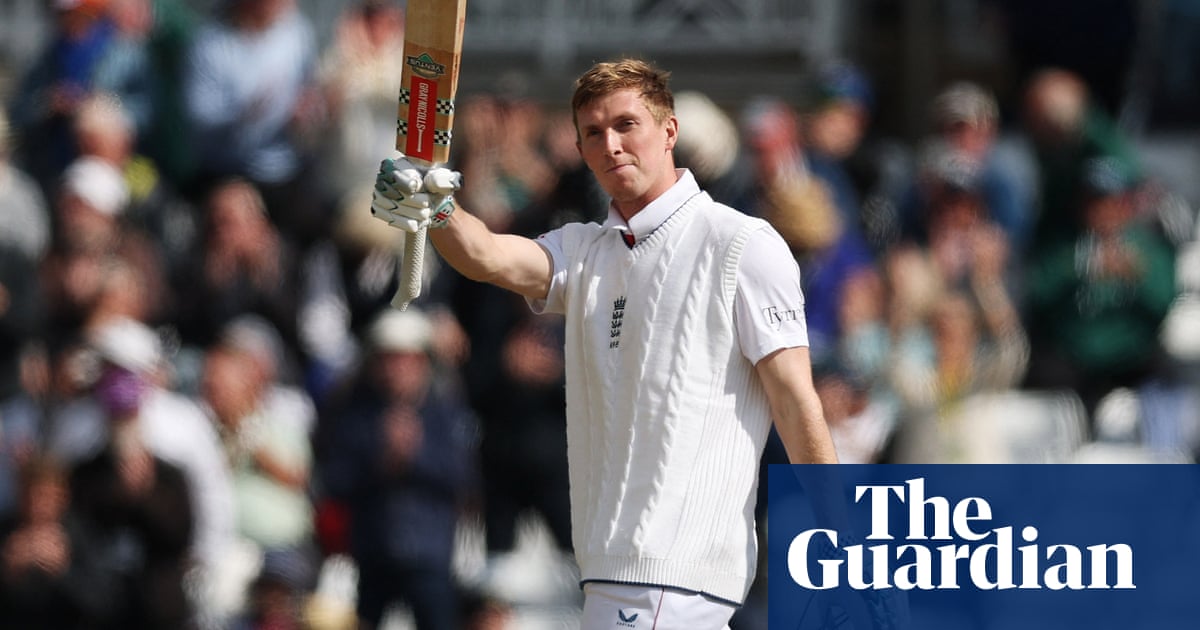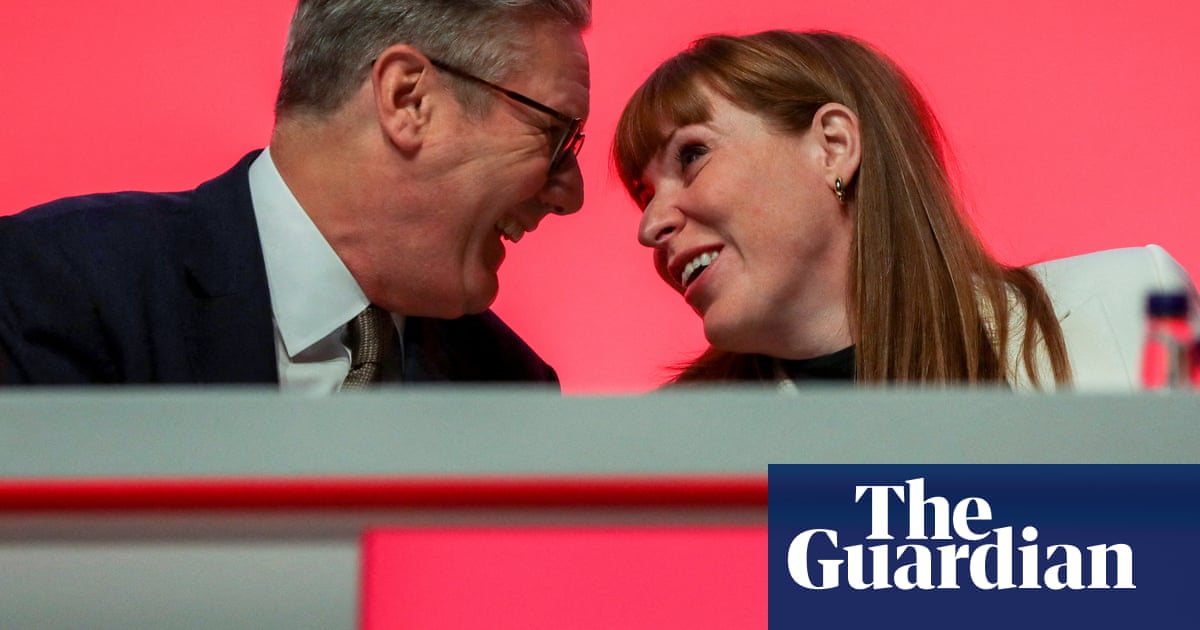JD Vance marked one month since the Trump administration returned to power on Thursday by again claiming uncontrolled immigration was “the greatest threat” to both Europe and the United States.
The vice-president took the stage at the country’s largest conservative voters conference in National Harbor, Maryland, to double down on his criticism that stunned European leaders last week when he accused them of suppressing free speech and “running in fear” from voters’ true beliefs.
“The greatest threat in Europe, and I’d say the greatest threat in the US until about 30 days ago, is that you’ve had the leaders of the west decide that they should send millions and millions of unvetted foreign migrants into their countries,” Vance told the crowd.
His rhetoric represents the administration’s dramatic U-turn in long-standing American domestic and foreign policy priorities, making clear the aim is to bolster border security with more agents and be more cautious about European military commitments.
Vance also made the extraordinary claim, without evidence, that the month-old administration was about to end Europe’s bloodiest conflict in decades.
“I really believe we are on the cusp of peace in Europe for the first time in three years,” he said about the war in Ukraine. “How are you going to end the war unless you are talking to Russia? You’ve got to talk to everybody involved in the fighting.”
The remarks landed well at a transformed Conservative Political Action Conference (CPAC), where establishment Republicans that once dominated the stage have been replaced by nationalist figures including Steve Bannon, Britain’s Nigel Farage, and the tech billionaire and “department of government efficiency” operator Elon Musk.
The conference’s shift over the years mirrors the broader changes in Republican politics since Trump’s first nomination – at the 2016 event, Trump finished third in the conference’s straw poll with just 15%, behind Ted Cruz and Marco Rubio.
This year, thousands of conservatives near and far have flocked to CPAC, many donning “Make America great again” (Maga) apparel and America-centric costumes, including a Statue of Liberty outfit and flag shirts.
The nationalist vibe at CPAC was further reflected by the presence of prominent European rightwing and Trump-friendly figures, including András László, a Hungarian member of the European parliament and president of the Patriots for Europe foundation.
Speaking to the Guardian on the sidelines of the conference, László defended the Trump administration’s existential stance on European politics.
“We need to have honest discussions, even if they are difficult to have,” László said, echoing Vance’s criticisms of European speech restrictions. “What are we fighting for? Sovereignty and democracy for Ukraine if we don’t practice it at home? We need to stop stifling freedom of speech, have more discussion, even if sometimes that might be painful for some people.”
His organization, which launched last year and is now the third-largest group in the European parliament, with 86 members from 13 states, has been gaining influence across the continent, reflecting the same nationalist currents reshaping American conservatism.
The conference also drew Liz Truss, Britain’s shortest-serving prime minister, who crashed the UK economy with tax cuts for the wealthy before resigning after just 49 days in office. Reinventing herself as a rightwing populist, Truss used her CPAC platform to claim her political failures were actually the fault of shadowy elites.
“The British state is now failing, is not working. The decisions are not being made by politicians,” Truss said, claiming her country was controlled by a “deep state” while calling for a British version of Trump’s movement. “We want to have a British CPAC.”
Hours before his appearance at CPAC, Vance had posted a lengthy critique of traditional US and European foreign policy writ-large on X, dismissing concerns about the administration’s stance on Ukraine as “moralistic garbage” and defending its push for peace negotiations.
“President [Donald] Trump and I have made two simple arguments: first, the war wouldn’t have started if President Trump was in office; second, that neither Europe, nor the Biden administration, nor the Ukrainians had any pathway to victory,” Vance wrote.
Vance got more specific on the CPAC stage, suggesting that the US’s military commitment to European allies could be contingent on their domestic policies, particularly targeting Germany.
“Germany’s entire defence is subsidised by the American taxpayer. There are thousands upon thousands of American troops in Germany today,” he said. “Do you think the American taxpayer is going to stand for that if you get thrown in jail for posting a mean tweet?”

.png) 3 months ago
102
3 months ago
102
